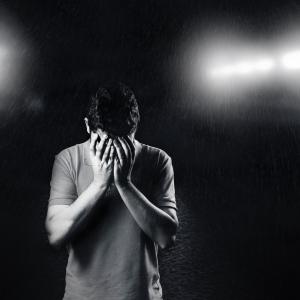Anxiety Medication Overview of Sinequan
Sinequan, an antidepressant marketed by Pfizer and known generically as doxepin, is most often used to treat depression, anxiety disorders, and insomnia, although it is sometimes prescribed off-label to treat other conditions. Sinequan is in the class of medications known as tricyclic antidepressants, an older class of antidepressants dating back to the 1950s.
Indications and Dosages
Symptoms shown to respond well to treatment with Sinequan include anxiety, tension, depression, somatic symptoms and concerns, sleep disturbances, guilt, lack of energy, fear, apprehension, and worry. It is approved for use in patients age 12 and older and is generally well-tolerated.
Sinequan is available in capsules of varying strengths. The typical dosage in people age 12 to 60 is 75 mg to 150 mg per day. Patients are usually started at 75 mg per day, with a gradual increase depending on individual response. For those with mild anxiety, 25 mg to 50 mg daily may be enough to control symptoms.
Side Effects and Contraindications
Possible side effects include drowsiness, constipation, blurred vision, dry mouth, urinary retention, and cardiovascular effects such as hypotension, hypertension, and tachycardia.
Sinequan should not be taken by individuals allergic to the drug or its ingredients, those who heavily use alcohol and/or other psychoactive drugs, those with glaucoma, and those who experience urinary retention. It should be used with caution or not at all in pregnant women, children, the elderly, and those with schizophrenia, epilepsy, or preexisting cardiac damage.
Photo: Pexels









